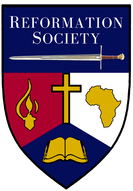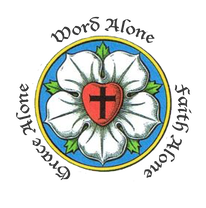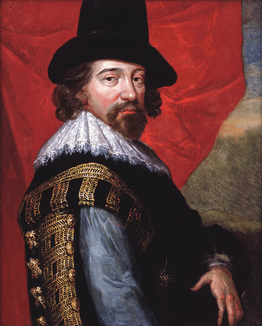 How the Reformation Transformed Science To view this presentation as a PowerPoint with pictures, clickhere. To view this presentation as a video, clickhere. To listen to the audio of this message, clickhere. The Reformation and Science Modern Science as a discipline is a fruit of the Reformation. As Francis Bacon, the father of the scientific method, once put it: "There are two books laid before us to study; to prevent us falling into error; first, the volume of the Scriptures which reveal the will of God; then the volume of the Creatures, which express His power." Most Branches of Science Grew Out of Reformed Teaching Historian Robert G. Frank points out: "The predominant forms of scientific activity can be shown to be a direct outgrowth of a Puritan ideology." 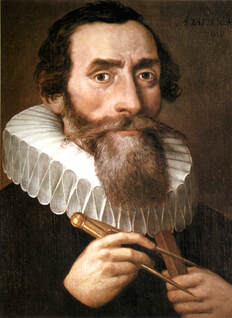 Celestial Mechanics The great Astronomer Johannes Kepler (1571 - 1630), the founder of Celestial Mechanics declared: "My wish is that I may perceive the God whom I find everywhere in the external world in like manner within me." Kepler was a "brilliant mathematician and astronomer,” he contributed to the scientific revolution with his work on the planetary orbits, laws of motion and the scientific method. Kepler's accomplishments formed the foundation of modern theoretical astronomy. To Think God’s Thoughts After Him Kepler saw astronomy as a glimpse of God's glory. Kepler argued: "Truth in religion is based on the Word of God in Scripture, while truth in natural science is based on evidence and reason." Kepler viewed all of science as man attempting to "think God's thoughts after Him." Kepler was the father of the modern satellite, and of modern space travel. 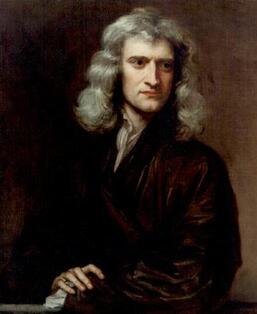 To Know the Word of God and the Works of God Sir Isaac Newton (1642-1727), the father of calculus and dynamics, was a scientific genius and a dedicated Christian. Newton formulated the theory of gravitation and the laws of motion. He discovered that white light is composed of the colours of the spectrum. He made vital contributions to mathematics, astronomy and physics. Newton maintained that there were two key sources of knowledge - one revealed in the Bible and the other revealed in nature. Newton believed that in order to "truly know the Creator, one must study the natural order of things." Newton dedicated his life to know the Word of God (the Bible) and to know the works of God (creation). Foundations for the Computer Age Blaise Pascal (1623-1662) made vital contributions to mathematics and technology that helped with the development of the computer. Pascal invented the first adding machine. In his honour, a computer language is named after Pascal. 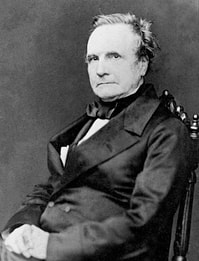 Recognizing the Divine Author of Science Charles Babbage (1792-1871), the father of modern day computer science, described the world as a great computer, and God as the programmer. Babbage was essentially a mathematician and regarded mathematics as the best preliminary preparation for all other branches of human knowledge. He believed that the study of the works of nature, with scientific precision, was a necessary and indispensable preparation for the understanding and interpreting their testimony of the wisdom and goodness of the Divine Author. 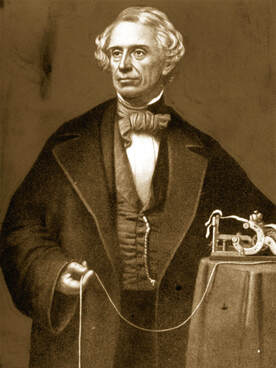 “What hath God Wrought?” Samuel F.B. Morse (1791-1872) was the man responsible for the development of the modern telegraph and the Morse Code. This was one of the greatest innovations in the world of communication. Samuel deeply absorbed his family's Calvinism, which he eventually translated and applied to all his scientific work. In 1844, he astonished the US Congress, gathered in the Supreme Court chamber, by sending words from Numbers 23:23: "What hath God wrought?" The first inter-city telegraph line in the world communicated these Words of Scripture to inaugurate this great invention. Morse, as an inventor, saw his work as a service to the Lord. He laid the foundations for the development of modern communications. Electro-Magnetic Induction In the realm of physics, Sir Michael Faraday is acknowledged as one of the greatest scientists of all times. He discovered electro-magnetic induction, without which we could have no motors or engines. He invented the generator. Faraday was a devout Christian who declared: "The Bible, and it alone, with nothing added to it nor taken away from it by man, is the sole and sufficient Guide for each individual, at all times and in all circumstances. Faith in the Divinity and work of Christ is the gift of God and the evidence of this faith is obedience to the commandments of Christ." 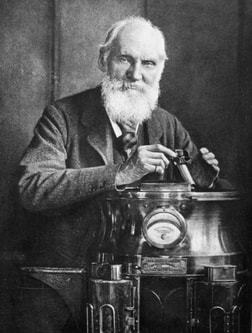 Thermodynamics William Thomson, the 1st Baron Kelvin, one of the greatest scientists of all times, formulated the metric temperature scale. He formulated the science of Thermodynamics, giving us the first and second laws of Thermodynamics. Baron Kelvin was the first scientist who used the concept of energy. He declared: "With regard to the origin of life, science positively affirms Creative power." Antiseptic Surgery Joseph Lister, the English surgeon who developed antiseptic surgery and the use of chemical disinfectants, stated: "I am a believer in the fundamental doctrines of Christianity." 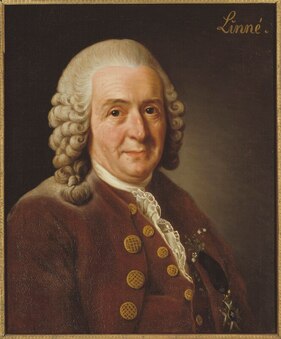 Botany Karl von Linnaeus (1707-1778) was the pioneer of modern botany. He laid the foundation of natural history by devising a system of classification whereby any plant or animal could be identified and related to an overall plan. He introduced the method of naming each type of living being with universal terms that could be recognised in any language. He used the Bible to provide the framework for scientific classification of plants and animals. Anaesthetics James Simpson (1811-1870), the founder of gynaecology and anaesthetics, was inspired by the Scriptural passage that God had made Adam fall into a deep sleep before taking the rib from him, to develop chloroform, and pioneer the beginnings of modern surgical anaesthetics. Before this, operations were conducted on conscious patients. 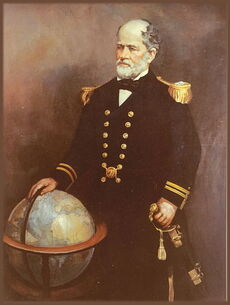 Oceanography Matthew Fontaine Maury (1806-1873), the father of modern oceanography and hydrology, derived many of his ideas from the Bible. He was the first person to chart shipping routes throughout the world, pioneered the establishment of sea-lanes and made possible the laying of electric cables across the ocean floor. Maury was inspired by a verse from the Bible (Psalm 8:8, which speaks of the fish that passed through "the paths of the seas"). Maury declared that: "The Bible is true and science is true … the Bible is authority for everything it touches … God is the Great Architect Who planned it all." Bible Based Christianity Laid the Foundations of Science It has been pointed out that science could not have developed amongst those who worship Allah, because of Islam's fatalism. Nor could science have been birthed from Hinduism or Buddhism, because of their belief that the world is an illusion. Neither could modern science have risen in our modern humanistic culture, because of the humanist's belief that life is irrational and illogical. By rejecting the notion of absolutes, humanists reject the very foundation of science. If there are no absolutes in nature, then results in experimentation can only be relative. If everything is relative, then engineering, and other branches of science, becomes impossible. 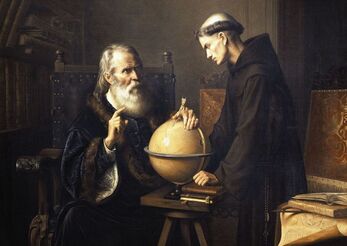 Design, Order and Purpose A proper, philosophical base for investigating the universe was needed and only the Christian doctrine of Creation has provided that base. The Creator established Laws for people and Laws for the natural world. A created universe was expected to have design, order and purpose. Man using his created, rational mind, could study this ordered universe in a rational way and seek to discover its laws. Modern science is based upon this assumption of scientific law. Ethical Basis for Science In addition, the moral laws given by the Creator established the ethical basis for science. Scientists must be honest and truthful. If this universe were not created, if it is merely the product of chance, then no intelligence would be involved. There could be no reason to expect such a universe to operate in a rational or consistent way. Man's mind would also be the product of chance and would not be capable of reason or logic. Hence, a materialistic philosophy could not provide any foundation for science. Many ardent atheists dominate science today, but they are working off the foundations and pre-suppositions of Christianity. 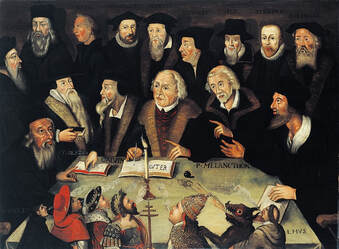 The Reformation Laid the Foundations for the Scientific Revolution The irrefutable fact is that Christianity gave birth to modern science. The scientific revolution began in the Protestant Reformation and the Bible played a vital part in the development of scientific discovery. Every major branch of science was developed by a Bible-believing Christian. The Bible essentially created science. Thank God for Medical Care When we get into a car, start the engine, turn on the lights, drive to a hospital, receive an anaesthetic before an operation and have an effective operation done in a germ-free environment, we need to remember that we owe it to the Reformation. 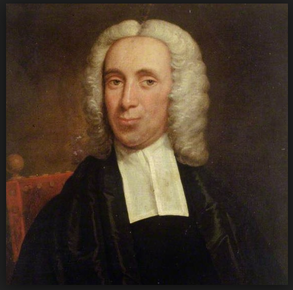 Joy to the World As Isaac Watts declared in his great Christmas carol: "Joy to the World", Jesus makes His blessings flow "far as the curse is found." "No more let sins and sorrows grow, nor thorns infest the ground; He comes to make His blessings flow, far as the curse is found, far as the curse is found, far as, far as, the curse is found." Dr. Peter Hammond Africa Christian Action PO Box 23632 Claremont 7735 Cape Town South Africa [email protected] www.ChristianAction.org.za www.ReformationSA.org See also: The Greatest Century of Reformation Practical Steps to Reformation Are You Praying for Revival? Reformation Art and Essay Competition 2021
0 Comments
Leave a Reply. |
History ArticlesCategories
All
Archives
May 2023
|
- Home
-
History Articles
- History Articles
- All Categories
- Character Studies
- Greatest Century of Missions
- Greatest Century of Reformation
- Reformation In Bohemia
- Reformation In England
- Reformation In France
- Reformation In Geneva
- Reformation In Germany
- Reformation In Italy
- Reformation In Scotland
- Reformation in Switzerland
- Victorious Christians
- Contemporary Articles
- Resources
- Contact
- Donate
|
The Reformation Society
PO Box 74, Newlands, 7725, South Africa Tel : (021) 689-4480 Email: [email protected] Copyright © 2022 ReformationSA.org. All rights reserved |
- Home
-
History Articles
- History Articles
- All Categories
- Character Studies
- Greatest Century of Missions
- Greatest Century of Reformation
- Reformation In Bohemia
- Reformation In England
- Reformation In France
- Reformation In Geneva
- Reformation In Germany
- Reformation In Italy
- Reformation In Scotland
- Reformation in Switzerland
- Victorious Christians
- Contemporary Articles
- Resources
- Contact
- Donate
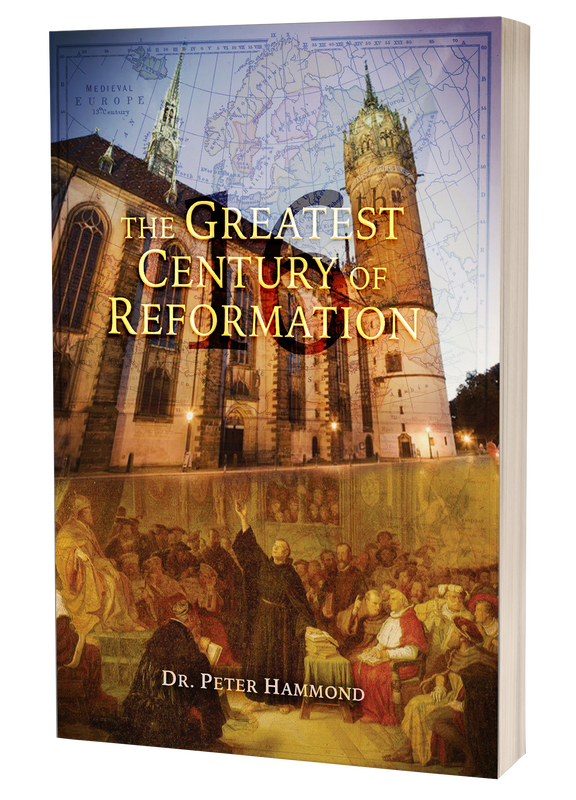
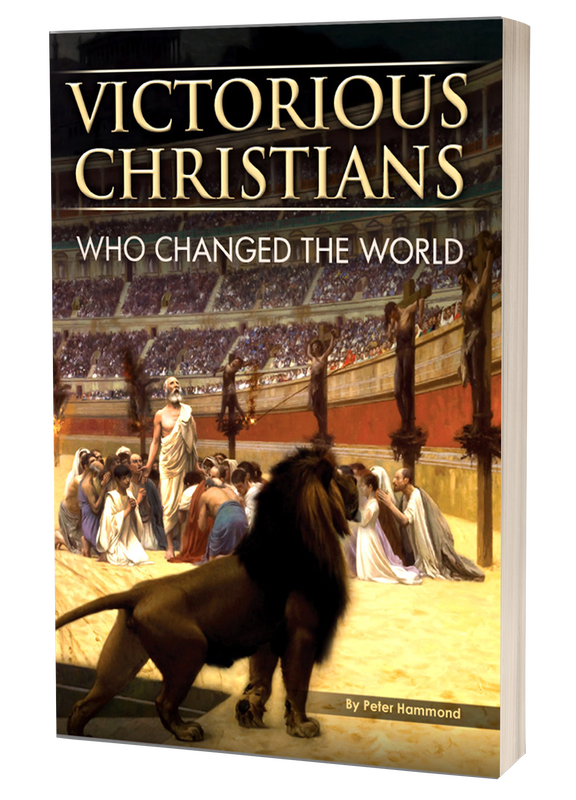
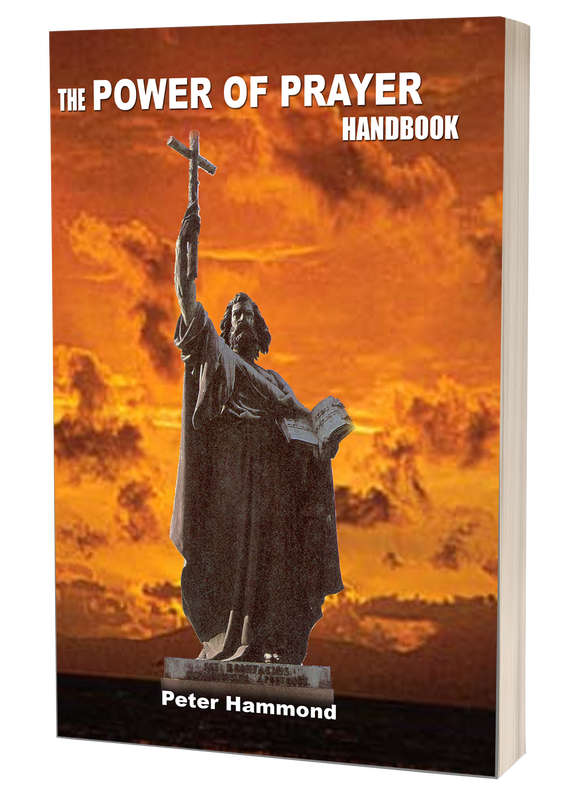
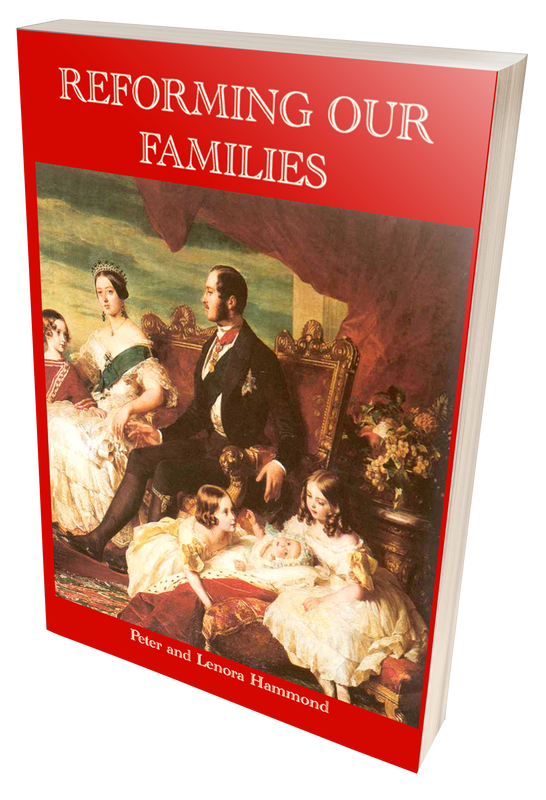
 RSS Feed
RSS Feed
